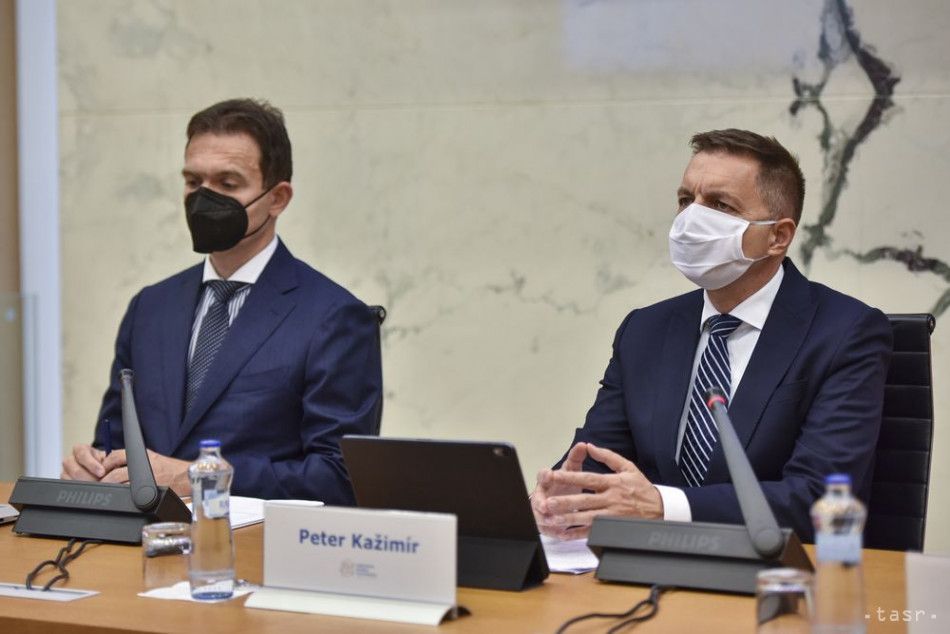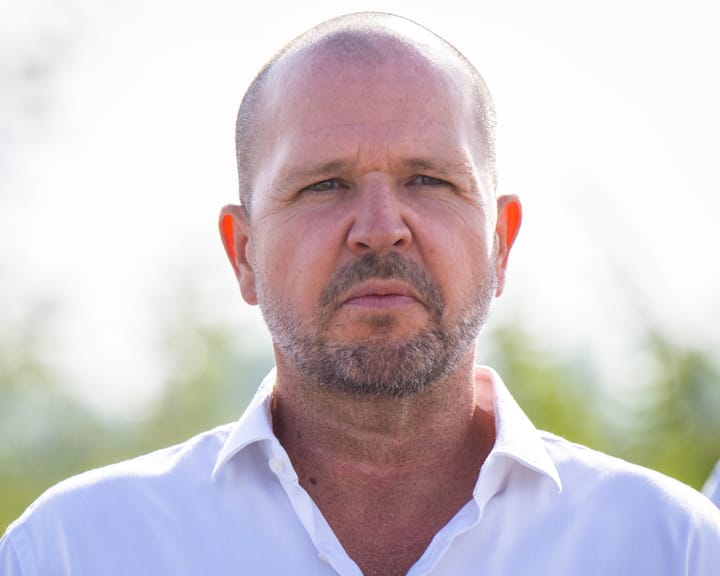NBS: Economy to Grow by 4.5 percent This Year, Recovery Continues

Bratislava, June 22 (TASR) – The Slovak economy continues to recover and will grow by 4.5 percent this year, Slovak central bank (NBS) governor Peter Kazimir and NBS vice-governor Ludovit Odor stated on Tuesday at a press conference at which they presented a forecast of economic and monetary developments for the summer of 2021.
The central bank estimates that gross domestic product (GDP) will grow by 5.9 percent year-on-year in 2022 and by 3.8 percent in 2023. According to NBS predictions, Slovakia should return to its pre-crisis trajectory in 2023.
NBS pointed out that the risks that may dampen economic growth are insufficient levels of vaccination among the population, a third wave of the novel coronavirus pandemic in the autumn and a lack of components, mainly in industry.
“There’s another phenomenon that has returned after a number of years, and that is inflation or rising prices. Prices of goods and services have started to go up sharply, but in our opinion there is no reason to panic,” said Kazimir, adding that this rise in prices will slow down in a few months.
The governor went on to say that the situation on the labour market is slightly worse than last year, which is mainly due to redundancies in the public sector. NBS estimates that nominal salaries will increase by around 5 percent this year and real salaries by about 3 percent.
Odor noted that the first quarter of this year turned out better than expected, and expectations and indicators are very optimistic.
According to NBS, the vaccination rate was an important criterion for making the prediction. The classic scenario assumes a 60-percent vaccination rate among the population and a pessimistic one a 45-percent rate. “NBS is joining other authorities in the country and sounding the alarm. We call on people to be vaccinated against COVID-19 as soon as possible and as much as possible,” said the governor, pointing out that the call is based not only on the principle of preserving human lives, but also on the principle of maintaining the chances of a higher standard of living, economic growth and a sound labour market.



